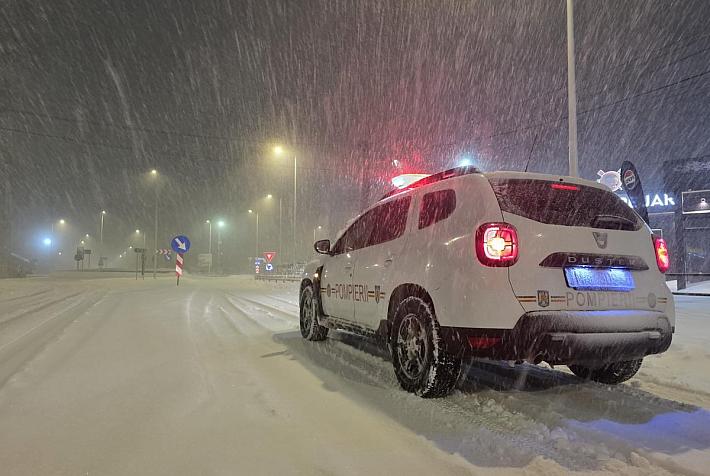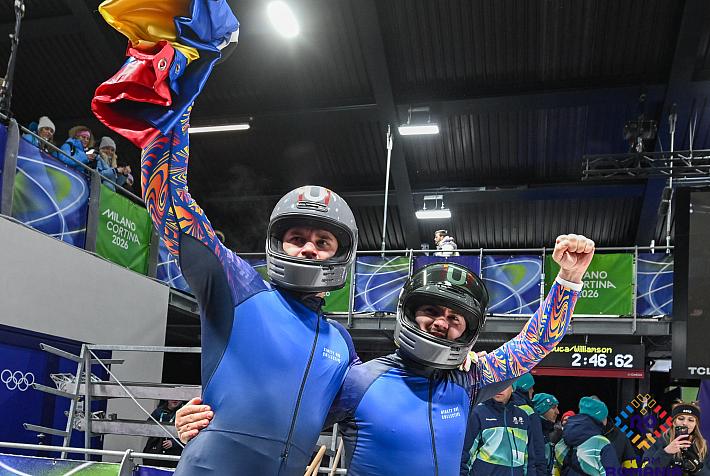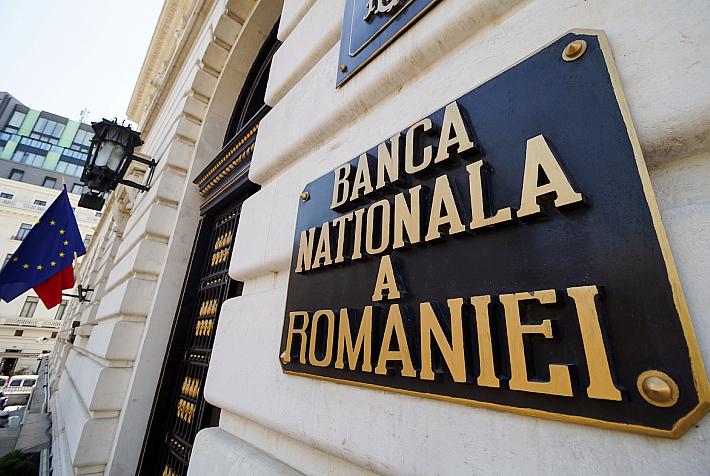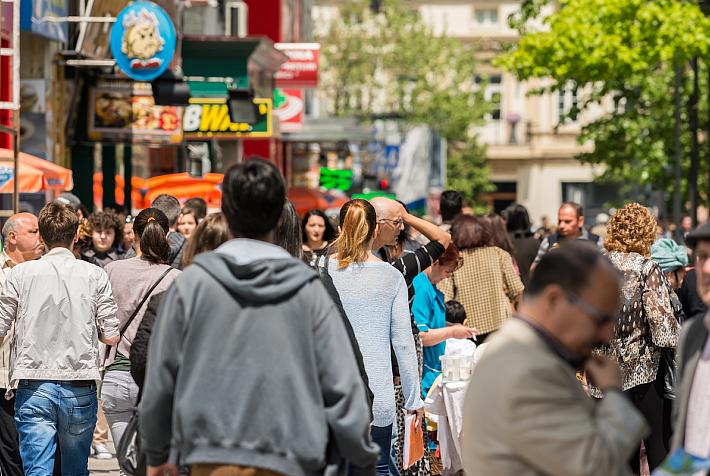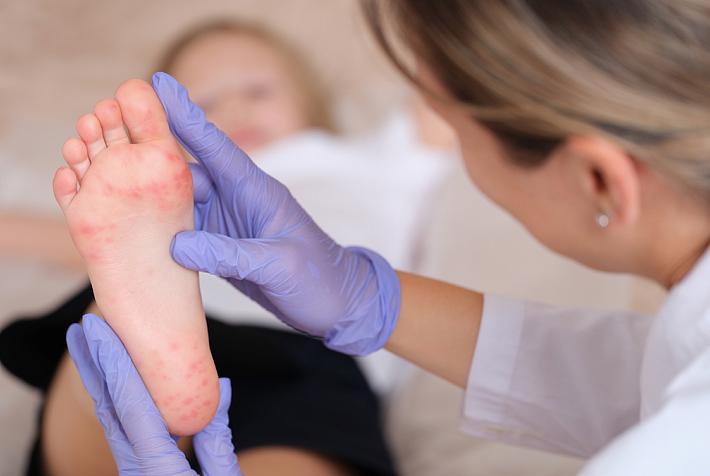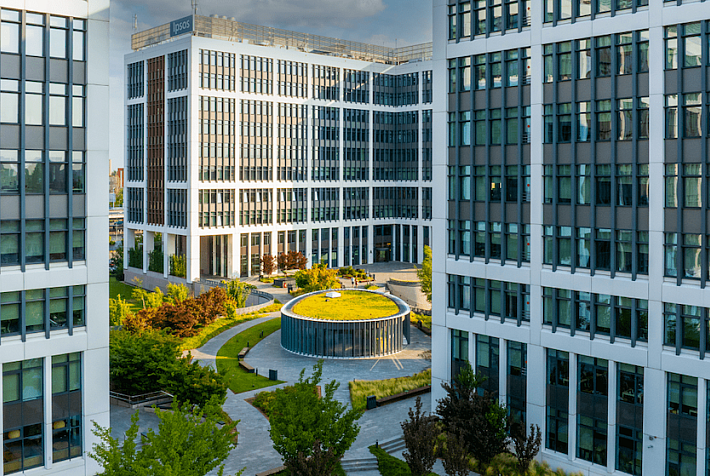Daniel Gross, CEO of Penny Romania: We mark 2024 as the year of digitalization
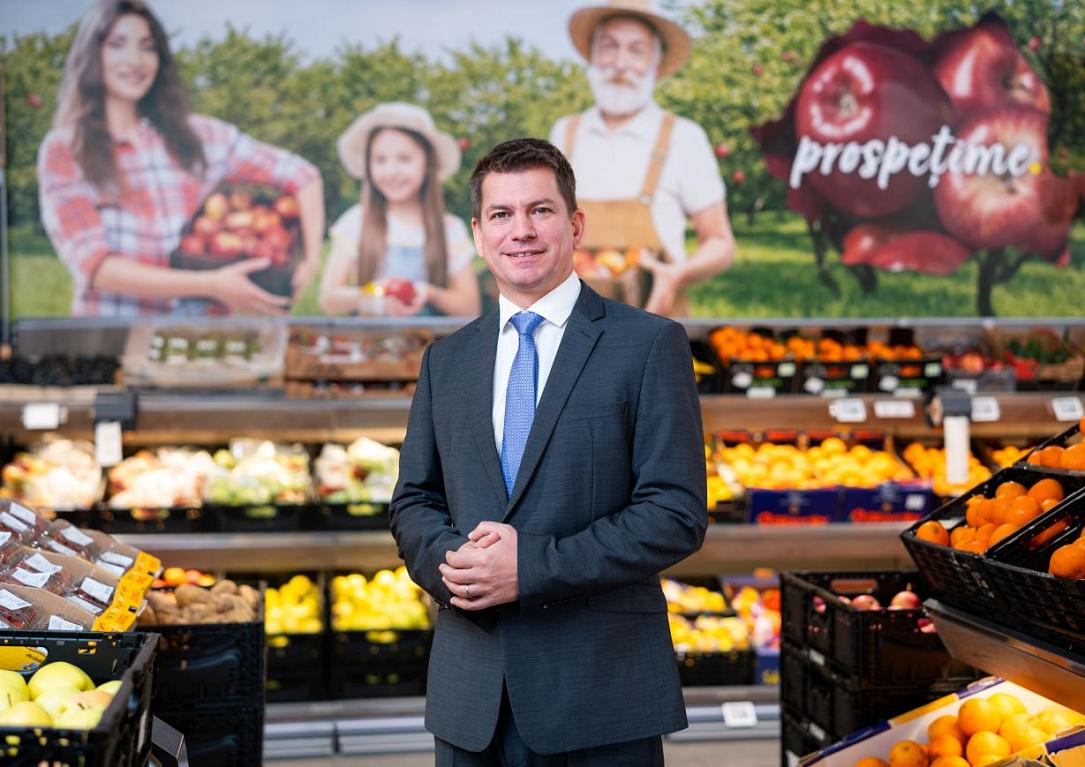
Retailer Penny, part of the German group Rewe, has recently added a fully autonomous store in Bucharest to its local network of more than 370 units. Daniel Gross, the CEO of Penny Romania, told Romania Insider more about how this project fits into the company's overall strategy and its plans for the local market.
For Penny Romania, last year was the ninth in a row with the highest increase in turnover among the food retail entities of Rewe Group and plans this year include the opening of 35 to 40 additional stores. The company plans to invest EUR 1 billion by 2029 and has started the work on its fifth logistics center in the country, located close to Bucharest. The project of the fully autonomous store, which is important for the return on knowledge it brings, also reflects the standing of the local market in the group. More on this in the interview below.
Why did you choose Romania and Bucharest, in particular, for the opening of a fully autonomous store? What made the local retail landscape a good fit to test such a store?
Penny Iuliu Maniu is the first autonomous Penny store in the world, and we are very proud to have it in Bucharest. It is a project on which we worked for quite a while, and we invested our best knowledge into totally transforming clients' shopping sessions in this kind of store. The concept of the store was developed by our local teams, in collaboration with colleagues from Germany and Austria and, of course, our technology partner – Trigo Vision.
Why Romania and Bucharest, you may ask? Romania is an important market for the Rewe Group, and the performances of past years allowed us to have priority when it comes to research and development of projects. We wanted to develop and test such a project, and the group has supported us. 2023 was the ninth year in a row with the highest increase in turnover among food retail entities in Rewe Group. We also ended 2023 with a turnover of over RON 8.32 billion, which means a 16% advance compared to the previous year.
Regarding the location of the store in Bucharest, it was a rational decision to place the store in one of the most representative technological hubs in the country. The store is close to IT office buildings and near Politehnica University. As such, our target group comprises people who are technologically driven and want to test and experience a new and autonomous way of shopping. Our store is open 24/7 and welcomes anyone, no matter, tech savvy, seniors or clients who want to experience something new.
We also have a team inside the store that makes sure that we have products on the shelves and helps customers who might need support.
What has the feedback been so far? How does it compare to the autonomous stores you have in Germany?
There are two other autonomous stores in the Rewe Group and it's difficult to compare them, as all three are built on different ways of working and functionalities. We focused on offering the best autonomous experience in Penny Iuliu Maniu, and this is the result of over 4,000 testing hours that we had in the store.
During tests, we generally had 1,000 actions per day, with a ranging shopping cart consisting of 3 to 30 products. Our tests proved to be in line with our expected flow in the store. So far, the feedback we have received from customers is positive. People are curious to experience such a store and they also find it very convenient as it is open 24/7, it has a wide range of products – up to 2500 SKUs [e.n. stock keeping units] – mainly food related, and it is also under the proximity format. The store's sale surface is 349 sqm, and we managed to include Penny's full standard assortment.
Also, our team inside the store is having the chance to diversify their job. They do not have the same repetitive tasks as colleagues in standard format stores, but they have more time to guide clients in the store and check if everything in it is going as smoothly as possible. Penny Iuliu Maniu might be an autonomous store, but not without people. Technology will advance more in the future, but people are the core of Penny Romania.
Do you see room for similar stores elsewhere in the country? What conditions would support such additional openings?
The opening of Penny Iuliu Maniu is the result of over 80,000 working hours of a team of more than 50 colleagues. Also, its financial implications were none as opening a standard format store. For example, there are 5,000 sensors in the store, as well as over 520 video cameras, and an entire fully digital system that automates the shopping experience.
What we can say for now is that on average, the maturity of a Penny store is three years, and at least during this time we will test the concept to see if and how it can be expanded to more locations. With such a prototype, the objective is not the return on investment but rather the return on knowledge, how can we disseminate what we have learned, and how the prototype can become something standard. It is premature to talk about expansion now. The store is for learning and feedback, to see how customers relate to it, and as we learn, we move forward.
What role does the autonomous model hold in Penny's local development strategy?
The opening of the store is definitely a huge step for us in the local retail sector. We proved once again that we are keeping close to the newest advancements in retail, and we are always working on improving the shopping experience in our stores. The main objective is the advanced learning and replication of project activities that prove to be scalable at the network level.
What are the company's digitalization & technology plans for the coming period and what would support their implementation? Is there a local element involved compared to the group-wide strategy?
We mark 2024 as the year of digitalization in Penny Romania. In the first half of the year, we not only opened the first autonomous Penny store in the world, but we also developed our online commerce partnerships. In March, we announced our collaboration with Tazz, so that besides Bringo and Glovo clients can also order through Tazz.
We also announced a big update together with Bonapp, as we integrate tackling food waste together with digital services. By the end of the year, customers can buy from 374 Penny stores food that is close to the expiry date with discounts of minimum 50% through the app.
Internally, we are also testing and working with different kinds of robots so that technology can take over repetitive tasks and our colleagues can focus more on work that they can bring added value to it.
We are also working on other projects and initiatives that put again digitalization and technology as core directions for growing our brand in Romania. We will announce them as soon as we have them ready for our customers.
For the opening of the autonomous store in Bucharest, you worked with computer vision company Trigo, a partner in similar projects abroad. Are you considering local projects/ teams to support your digitalization and technology initiatives?
It is one our values to use resources and work with Romanian producers and entrepreneurs. We have a series of projects focused on Romanian quality, such as TripleRO (3RO) – through which we work with Romanian producers to have on our shelves 3RO products – that have the main ingredient form Romania, are processed and packed here, in our country.
Starting with this principle, we are open to collaborating with Romanian teams on future digitalization and technology plans - Romanians are well known for their good knowledge in the IT sector. Choosing to work with Trigo Vision for the launching of the autonomous store was a decision led by experience, as the company worked before for such projects in the Rewe Group. After a series of discussions and analysis, Trigo Vision proved to be the most suitable partner to work with and we are proud that the result was indeed the expected one.
For Penny Iuliu Maniu, the biggest part of the development was led by the local team. Our teams adapted the technology from Trigo Vision to the local market, taking into consideration the discounter model, surface of the store, or assortment. Together with Trigo Vision's collaboration, exchange of know-how and share of technology, we managed to offer to our Romanian customers a digital shopping experience.
Penny Romania has been a top performer in the Rewe Group. Do you expect to deliver a comparable performance this year as well? What factors count towards achieving the results?
2023 was a year of reference for Penny when it comes to our expansion approach, marking a significant stage in our evolution on the Romanian retail market. By opening 40 new units, we ended 2023 with a total of 376 stores, underlining the Penny commitment to always be closer to the communities we serve. This growth, supported by consistent investments of EUR 130 million, did not only concern the opening of new stores, but also the expansion of the existing logistics facilities, as well as the implementation of advanced digitalization solutions.
This year we plan to continue our advance in Romania. We have a team of over 7,300 colleagues that are our force, and we are committed to keeping up with the expectations that we have from both Rewe Group and our customers. We are hardworking in a challenging economic sector, but we are confident that 2024 will be another year of reference for Penny Romania.
When it comes to investments, what are the opportunities and challenges for Penny Romania in the coming period?
For 2024 we have an investment plan similar to the one of 2023, mainly directed towards expansion projects, digitalization, and sustainability. This year, we aim to maintain a pace of dynamic growth, with the opening of 35 – 40 new stores, network expansion being a priority in our strategic plan. Also, we are excited to announce the start of building works on our fifth logistics center, located strategically close to Bucharest. This project will strengthen the basis for our ambitious plan to invest EUR 1 billion by 2029, thus supporting the long-term growth strategy of Penny in Romania.
What other growth opportunities is Penny pursuing besides the announced expansion of the brick-and-mortar network?
In Penny, we no longer put our stores in the brick-and-mortar category solely. We have been developing the hybrid world of the future within retail, so that our stores are at the same time logistic hubs for online businesses. We worked on developing our omnichannel strategy so that we expect to reach a turnover of EUR 20 million this year.
Also, we have been using some of the latest technology in our stores, including photovoltaic panels, CO2 cooling system, digital signage, as well as building every new store to BREEAM certified standards.
All I can say for now is that all our investments planned for 2024 are not only for stores, but also for end-to-end, i.e. the customers. We do have several projects that we are currently working on, and we will be happy to announce them as soon as they are finalized and ready to be of use. We can only say that we have big expectations for this year and we are working to reach them.
(Photo: the company)
simona@romania-insider.com







